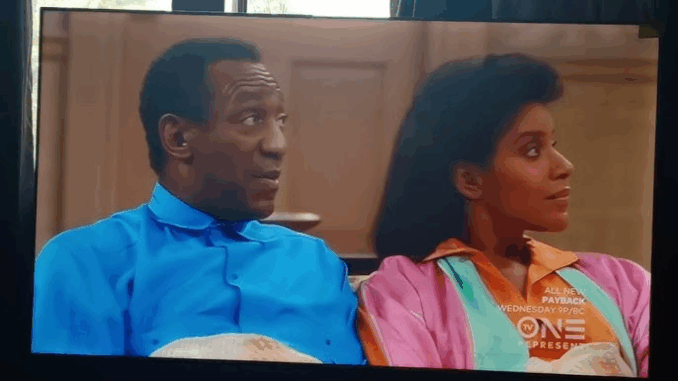
“The Cosby Show” wasn’t just a hit 1980s sitcom — it was a cultural phenomenon that reshaped how television portrayed African-American families and became one of the most beloved shows in TV history.
A Television Landmark
Premiering on NBC in 1984, The Cosby Show quickly captured the hearts of viewers across America. Starring Bill Cosby as Dr. Cliff Huxtable, the series followed the everyday life of an upper-middle-class African-American family living in Brooklyn, New York. With its warm humor, strong family values, and relatable life lessons, the show became a fixture in American households.
Breaking Stereotypes
Before The Cosby Show, African-American characters on TV were often depicted in poverty or criminal contexts. This sitcom broke new ground by showcasing a successful, educated, and loving Black family. Cliff Huxtable was a doctor, his wife Clair was a lawyer, and their children navigated life with wit, charm, and respect. The show’s positive representation became a milestone for diversity in mainstream media.
Record-Breaking Success
Running for eight seasons from 1984 to 1992, The Cosby Show topped TV ratings for five consecutive years — an unprecedented achievement. It garnered numerous prestigious awards including Emmy Awards, Golden Globes, and People’s Choice Awards, and influenced countless future sitcoms.
A Complicated Legacy
Although the show’s reputation has been clouded by Bill Cosby’s later legal controversies, The Cosby Show remains a defining moment in television history. It paved the way for future shows like Family Matters, The Fresh Prince of Bel-Air, and Black-ish, and is often credited with changing public perceptions of Black families on screen.
